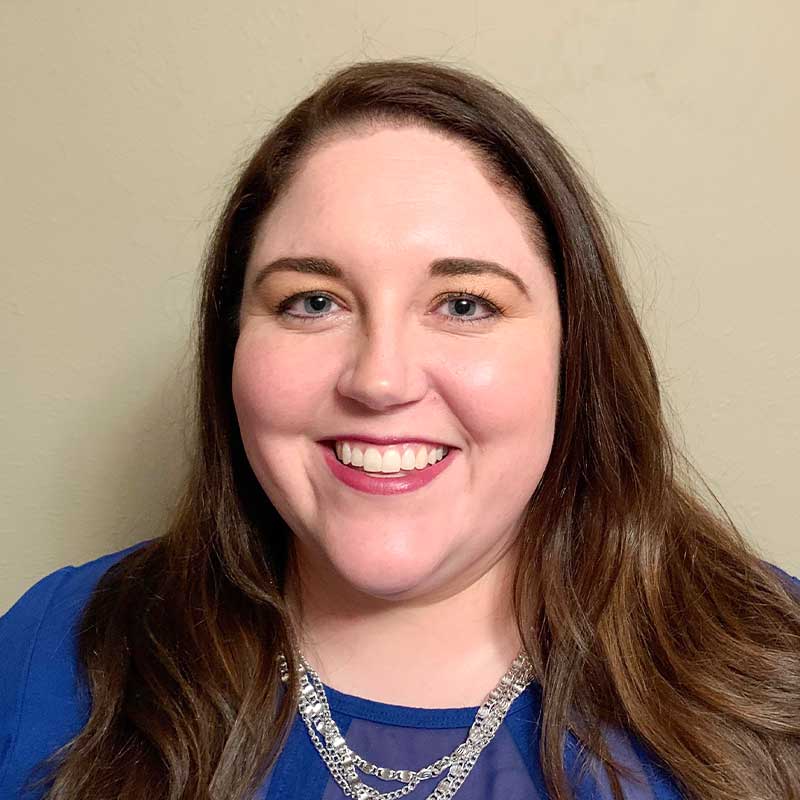The term disenfranchised grief encompasses any loss that it not widely or commonly recognized by our society. It can take on many forms, including the loss of anyone or anything that was meaningful to the person grieving.
What is it?
Some examples of things that are viewed as non-traditional forms of loss to others include:
- Ending of an undisclosed relationship
- Change or loss of a career
- Loss or change of physical or mental ability
- The loss of a close family friend, mentor or pet
- Secondary infertility
- The death of an ex
The impact of unrecognized grief
Paid bereavement days, meal trains, flower arrangements and condolence cards are often sent as acknowledgement during traditional losses. These gestures do not typically accompany disenfranchised grief. Unfortunately, this absence further supports the misbelief that a person’s feelings of loss are not valid. Some even think that their loss isn’t as important as more traditionally recognized losses.
Unacknowledged and unrecognized losses can be incredibly impactful on our daily living. Often times they are more difficult to mourn because those around us do not realize we are mourning these losses. In some cases, the person experiencing the loss doesn’t realize what they are feeling is grief. As a result, they may be experiencing symptoms such as difficulties sleeping, mood swings or relationship difficulties. The person grieving may not feel comfortable talking about their loss with others. Similarly, they may minimize the situation because they feel ashamed of their grief. Subsequently, friends, family or co-workers may give the well-intentioned, but damaging advice to “just get over it” or “it could have been worse”.
How to support a loved one
If a friend or loved one confides in you that they are grieving a loss that you don’t fully understand, the best response you can offer is a response that validates their experience and does not minimize their pain. For example, a listening ear, a warm cup of tea or a hug may be what they need most in that moment. You do not need to offer any advice or a quick “solution” to resolve their grief. For instance, advising a friend to get a new puppy after the loss of a beloved pet is not helpful and minimizes your friend’s experience. Similarly, telling someone to look into adoption after experiencing infertility is also not helpful.
Disenfranchised grief, like traditional grief often comes and goes in waves. Holidays, anniversaries, and other events can often trigger our brains to remember previously suppressed memories surrounding our past losses. This can happen years, or even decades, after we thought we had fully processed that grief. We may experience physical symptoms such as sadness, anxiety, insomnia, irritability, panic attacks or even the desire to distract ourselves by overloading our schedules with commitments.
Learn how to manage your grief
If you are experiencing any symptoms of disenfranchised grief, please call to schedule an appointment with one of our highly-trained Therapists or Nurse Practitioners. We can help assist you through your grief journey with the use of therapy and, if appropriate, prescription medications.
We know that traditional office hours can be challenging for many of us and can be a barrier to seeking care. For this reason, we have both Therapists and Nurse Practitioners, like myself, with weekend and evening availability to better accommodate those busy schedules. If you are interested in learning more about these services, call our Cedar Rapids office. Additionally, you can check out our self-guided depression course. To view all of our self-guided courses, visit selfhelp.strengthenu.com.




